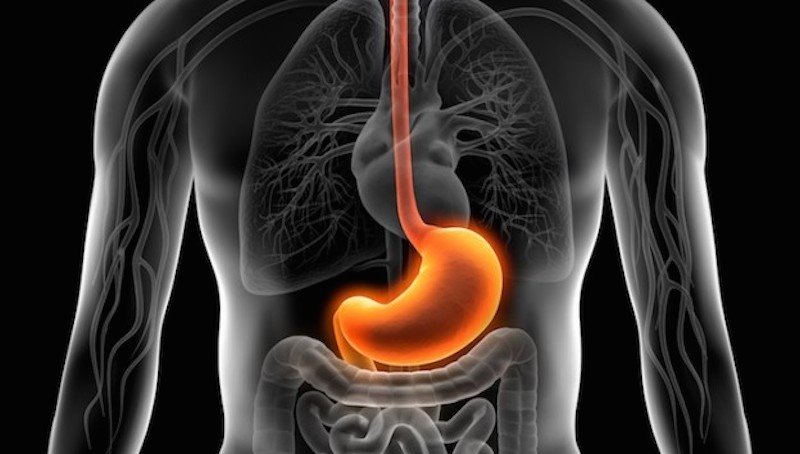
Chances are that you might have suffered, or knew someone afflicted by Gastroesophageal reflux disease (GERD). Over 20% of Americans are estimated to be affected by it. If the term doesn’t ring a bill, you might recognize it by the more common name, ‘acid reflux (disease)’. Scientists have just discovered something remarkable about GERD. Turns out acid reflux may not be directly caused by stomach acids, but rather as a result of an immune reaction. A study conducted by researchers at UT Southwestern Medical Center and Dallas VA Medical Center published on May 17th in The Journal of the American Medical Association (JAMA) has found that proteins called cytokines secreted by cells that typically play a role in immune responses mediate pathogenesis of the disease. For over 80 years, it has been believed that GERD results from stomach acid traveling up the food pipe (esophagus) and causing damage to the esophageal lining. However, the study suggests that chemical burns inflicted by the acid may not necessarily be the culprit, and a type of cells of the immune system called lymphocytes, predominantly T cells, are to blame.
The study headed by Dr. Stuart Spechler and Dr. Rhonda Souza was done with 12 patients with severe reflux esophagitis who had been successfully treated with Proton Pump Inhibitor (PPI) therapy. PPIs were stopped and change in esophageal inflammation along with different parameters that are indicators of esophageal pathology such as esophageal pH, acid exposure and mucosal impedance was measured. Inflammation was characterized by infiltration of white blood cells namely lymphocytes, neutrophils and esoinophils in the esophageal biopsies. 1 and 2 weeks after the stopping PPI treatment, the amount of lymphocytes, specifically T cells, increased in the biopsies. T cells secrete proteins called cytokines that help to get rid of pathogens during an infection. However, these cytokines can be harmful to the body if they are produced excessively or in the wrong locations. The histology of samples and delayed nature of tissue damage not typical of chemical burns led the researchers to conclude that the damage is likely to be caused by cytokine-mediated inflammation. These findings, if they can be replicated, mark a conceptual shift from the eight decade old paradigm on underlying causes of GERD.
Does this mean we would see a change in how GERD is treated? At least not immediately. Even from the study, it is evident that PPIs are effective in treating GERD. According to Dr. Spechler, “although this radical change in the concept of how acid reflux damages the esophagus of GERD patients will not change our approach to its treatment with acid-suppressing medications in the near future, it could have substantial long-term implications.” However, in the long term, studies like this might hold the key to treating GERD using drugs that target inflammatory cells or cytokines.
Reference:
Dunbar KB, Agoston AT, Odze RD, et al. Association of acute gastroesophageal reflux disease with esophageal histologic changes. JAMA. 2016;315(19):2104. DOI: 10.1001/jama.2016.5657.

Hi there! I’m Aaram, the founder of Sciencera. I grew up in the beautiful city of Thiruvananthapuram in the Southern part of India, famous for its pristine beaches. Now, I am a scientific writer based in Indianapolis. When I am not busy procrastinating on my writing, poring through research articles, or coming up with grand ideas to save the planet, I love playing soccer and chess. I read a bit and write sporadically when caffeinated to the right amount. I am passionate about scientific research, writing, and outreach activities.




